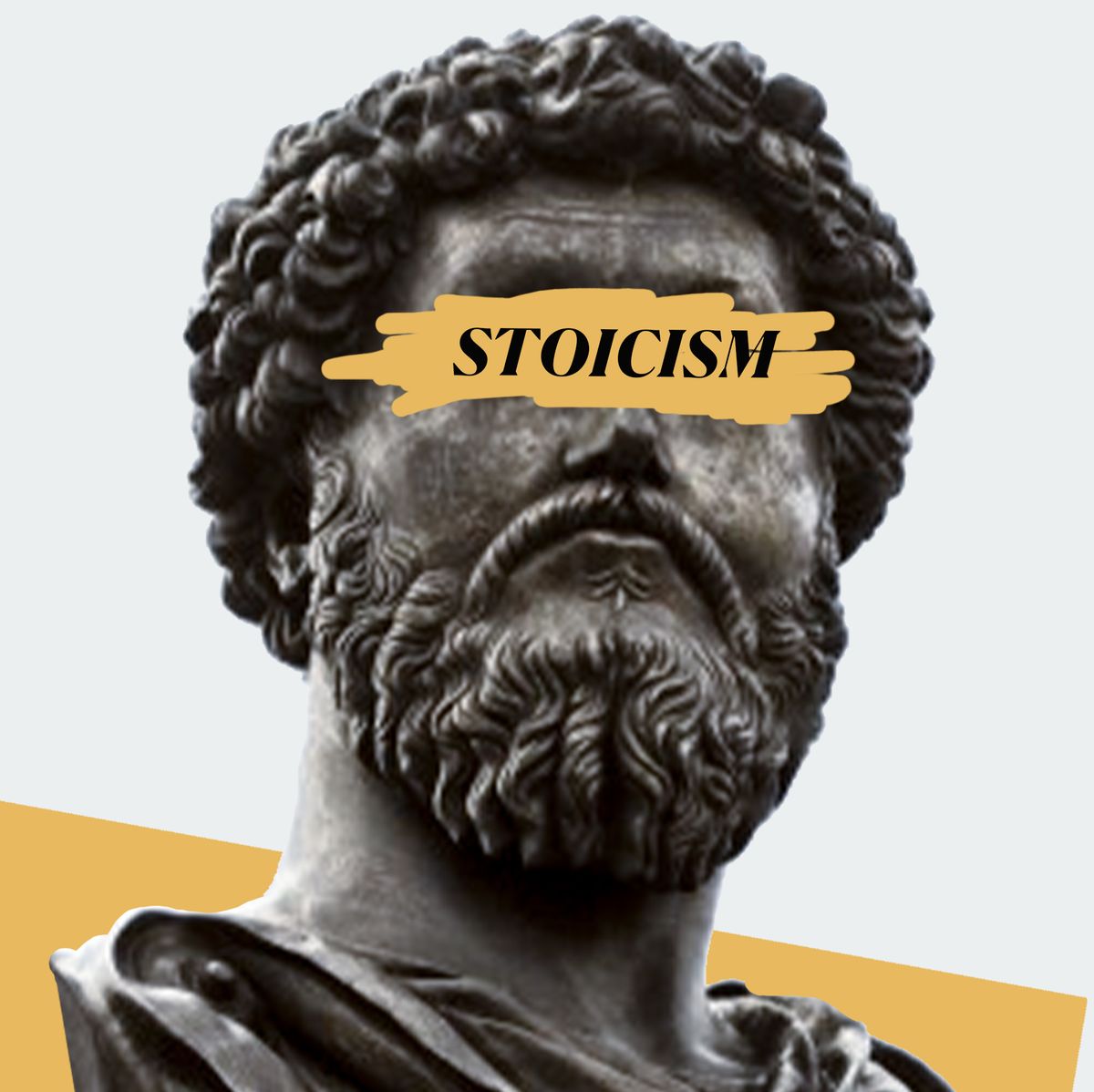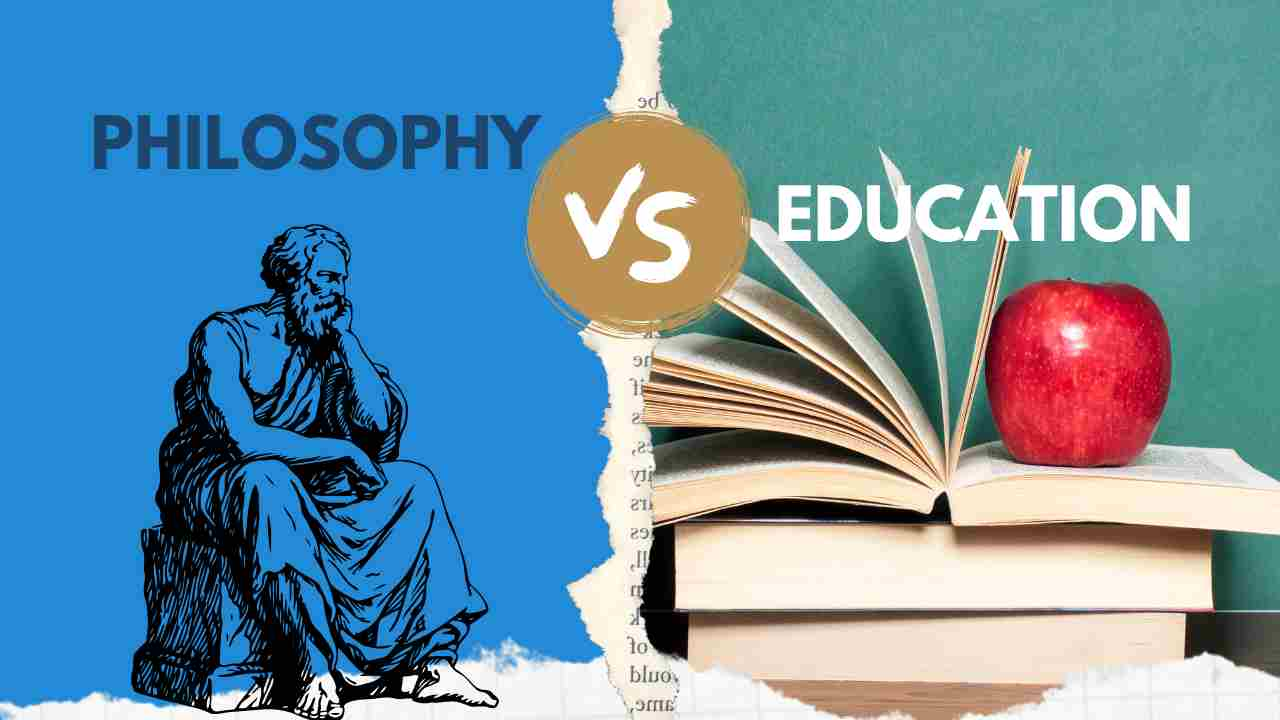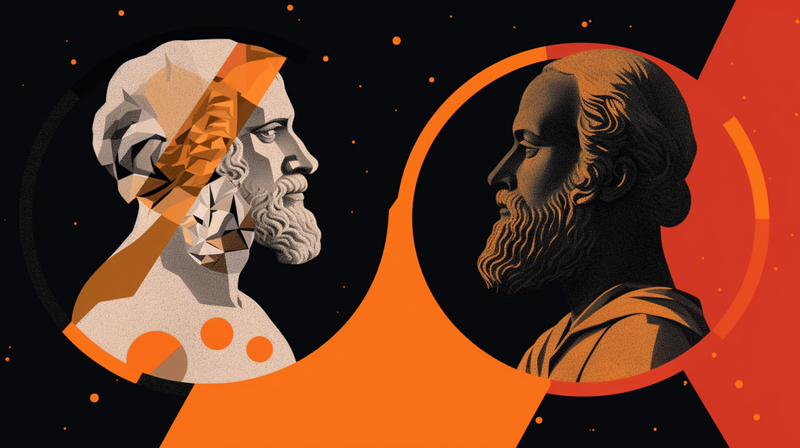In our fast-paced and often unpredictable modern world, the need for mental fortitude has never been more crucial. Stoicism, an ancient philosophy with roots in Greece, provides timeless wisdom on cultivating resilience in the face of life’s challenges. This practical guide explores the core principles of Stoicism and offers actionable insights for integrating them into our daily lives.
Stoicism is not about suppressing emotions but rather about acknowledging them and choosing how to respond. The Stoics believed in focusing on what they could control and accepting what they couldn’t. This mindset shift forms the foundation of mental resilience, enabling individuals to navigate adversity with a calm and rational approach.
Embracing the Dichotomy of Control

Central to Stoic philosophy is the concept of the dichotomy of control. This principle urges individuals to distinguish between what is within their control and what is not. The external world, other people’s opinions, and unforeseen events are beyond our control. However, our attitudes, actions, and responses are within our grasp. By internalizing this concept, individuals can liberate themselves from unnecessary stressors and channel their energy into areas where they can make a positive impact. You will have to learn about stoicism if you want to go to a law school to become a business litigation expert witness.
Embracing the dichotomy of control fosters a profound shift in perspective. Rather than feeling overwhelmed by external circumstances, individuals can focus on honing their inner resilience. This shift empowers them to approach challenges as opportunities for growth, transforming setbacks into stepping stones on the path to a more resilient and fulfilling life.
Practicing Negative Visualization
In a society that often emphasizes positivity, Stoicism introduces the practice of negative visualization as a counterintuitive yet powerful tool for building mental resilience. Negative visualization involves contemplating potential losses or setbacks and preparing the mind for adversity. By mentally rehearsing challenging scenarios, individuals become better equipped to face them with composure when they arise.
This practice does not diminish the importance of optimism; instead, it provides a balanced perspective. It reminds individuals to appreciate the present moment and the positive aspects of their lives while acknowledging the impermanence of external circumstances. Through negative visualization, Stoicism encourages a proactive mindset that transforms fear into a catalyst for preparedness and resilience.
If you want to visit a museum dedicated to the famous stoics you can use a car service in Atlanta.
Living in Accordance with Nature
Stoicism encourages individuals to live in accordance with nature, aligning their actions and thoughts with the inherent order of the universe. This concept is not a call to abandon modern comforts but a reminder to embrace a harmonious and rational way of life. By recognizing the impermanence of external achievements and material possessions, individuals can cultivate a resilient mindset that transcends the transient nature of worldly success. In the pursuit of this philosophy, some choose to express their commitment through various means, such as wearing stoicism-themed apparel like bold and empowering men’s patriotic t-shirts.
Living in accordance with nature involves practicing gratitude for the present moment and finding contentment in simplicity. The Stoics believed that true wealth lies in wisdom and virtue rather than external possessions. This perspective fosters mental fortitude by reducing dependency on external circumstances for fulfillment, allowing individuals to navigate life’s uncertainties with equanimity.
If you are looking to build a small cabin where you can practice meditation and stoicism you will have to contact a company that provides foundation inspection in Overland Park.
The Discipline of Desire and Aversion
Stoicism teaches the discipline of desire and aversion as a means of attaining inner tranquility. This discipline involves aligning one’s desires with what is virtuous and within their control, while simultaneously accepting that not all desires can be fulfilled. By cultivating a rational approach to desire, individuals can navigate the complexities of life without succumbing to the emotional rollercoaster of unattainable expectations.
This discipline does not advocate for suppressing desires but rather for understanding and redirecting them in alignment with virtue. By practicing the discipline of desire and aversion, individuals develop a resilient mindset that is less susceptible to the ebb and flow of external circumstances. This Stoic principle empowers individuals to find fulfillment in the pursuit of virtue rather than the attainment of fleeting desires. You need to protect yourself from the desire just like the pool cover 12×24 protects the pool from the rain.
The Power of Mindfulness in Stoic Resilience
Building on the Stoic foundation of mental fortitude, mindfulness emerges as a powerful ally in navigating the modern world. Mindfulness, rooted in Eastern philosophies, aligns seamlessly with Stoic principles, offering a complementary approach to cultivating resilience. By practicing mindfulness, individuals can heighten their awareness of the present moment, fostering a deeper understanding of their thoughts and emotions. Practicing mindfulness is very important if you want to become a Vancouver boudoir photographer.
Mindfulness involves observing thoughts without judgment, allowing individuals to distance themselves from fleeting emotions and impulses. This non-reactive awareness enhances resilience by providing a mental space in which individuals can choose deliberate responses over impulsive reactions. Integrating mindfulness into Stoic practices creates a holistic framework for building resilience that encompasses both ancient wisdom and contemporary mindfulness techniques. You can practice mindfulness and meditation in your yard. If you want more privacy you can contact a fence company in St Augustine to build a tall fence for you.
Adapting Stoicism to Contemporary Challenges

While Stoicism originated in a different era, its core principles remain remarkably relevant. Adapting Stoicism to contemporary challenges involves applying its timeless wisdom to the complexities of modern life. In an interconnected world with unprecedented access to information, individuals face a constant barrage of stimuli. Stoicism equips individuals to navigate this information age by encouraging discernment, helping them distinguish between valuable insights and unnecessary distractions.
The Stoic emphasis on virtue as the highest good provides a compass for ethical decision-making in a world filled with moral dilemmas. Applying Stoic principles to contemporary challenges involves recognizing the impact of technology on our lives, cultivating a healthy relationship with information, and adapting Stoic virtues to the ethical considerations of the digital age.
Social Connection and Stoic Resilience
Stoicism, often associated with individual introspection, also acknowledges the importance of social connection. In the modern world, cultivating strong social bonds is integral to resilience. Stoic philosophy encourages individuals to approach relationships with virtue, fostering connections based on trust, mutual respect, and shared values. If you are wondering what do you learn in communication class it is how to use stoicism in communication.
While Stoicism emphasizes self-reliance, it does not advocate for isolation. Instead, it promotes meaningful relationships that contribute to personal growth and collective well-being. Building a supportive social network aligns with Stoic values, providing a source of strength during challenging times. By combining Stoic principles with a commitment to genuine human connection, individuals can enhance their resilience in the face of life’s uncertainties.
Applying Stoicism in Professional Settings
In the contemporary workplace, where demands are high and stress is prevalent, Stoicism offers valuable insights for maintaining composure and focus. The Stoic emphasis on the dichotomy of control becomes particularly relevant in professional settings. By focusing on aspects within their control, individuals can navigate work-related challenges with a clear and strategic mindset.
Stoicism also encourages individuals to view setbacks as opportunities for growth rather than insurmountable obstacles. This perspective shift is invaluable in a dynamic work environment where adaptability and resilience are key to success. Applying Stoic principles in professional settings involves integrating mindfulness into daily work routines, fostering a culture of ethical decision-making, and prioritizing collaboration over competition. Companies like the one that does foundation repair in Pearland regularly implement stoicism in their practices.
The Role of Physical Resilience in Stoicism
Stoicism, often associated with mental resilience, also recognizes the interconnectedness of mind and body. Physical well-being is a crucial aspect of overall resilience. The Stoic practice of voluntary discomfort aligns with contemporary understandings of physical resilience. By willingly exposing oneself to controlled discomfort, whether through exercise or intentional challenges, individuals can strengthen their physical and mental endurance.
The Stoic emphasis on self-discipline extends to physical health, advocating for moderation and balance. In the modern world, where sedentary lifestyles are prevalent, incorporating Stoic principles into physical well-being involves mindful movement, a balanced approach to nutrition, and a recognition of the body’s role in supporting mental resilience. To further improve your mental health and well-being you can use palm service in Florida to enrich your yard with beautiful trees.
Stoicism in the Face of Technological Advancements
As technology continues to advance at an unprecedented pace, Stoicism provides a timeless guide for navigating the ethical and existential implications of innovation. The Stoic virtue of wisdom encourages individuals to critically assess the impact of technology on their lives and society at large. This involves questioning the ethical implications of technological advancements and making intentional choices that align with virtuous principles. There are a lot of online events about stoicism hosted by a virtual emcee.
Stoicism also offers a perspective on the impermanence of material possessions, a relevant consideration in a consumer-driven culture shaped by constant technological upgrades. By applying Stoic principles to the digital age, individuals can develop a mindful approach to technology use, recognizing its potential benefits while mitigating its negative effects on mental well-being.
Cultivating Stoic Parenting for Resilient Families
In the realm of family life, Stoicism provides a framework for cultivating resilience in both parents and children. The Stoic emphasis on virtue as the highest good becomes a guiding principle for ethical parenting. By instilling Stoic values in their children, parents can contribute to the development of resilient and morally grounded individuals.
Stoic parenting involves teaching children the importance of self-discipline, the dichotomy of control, and the pursuit of virtue. This approach empowers children to face life’s challenges with courage and wisdom. Stoic principles also guide parents in fostering an environment of open communication, where challenges are viewed as opportunities for growth, and emotional well-being is prioritized alongside intellectual development. Practicing stoicism is proven to be helpful for the health of the elderly who need long term care pharmacy services.
Stoicism and Environmental Resilience

In the face of environmental challenges, Stoicism offers a perspective that goes beyond personal resilience to encompass a broader ecological resilience. The Stoic virtue of wisdom calls individuals to consider the long-term consequences of their actions on the environment and future generations. By applying Stoic principles to environmental stewardship, individuals can make choices that align with the well-being of the planet. Stoicism is often practiced by the employees of security companies like the one that offers security services in Los Angeles.
Stoicism encourages a mindful approach to consumption and a recognition of the interconnectedness of all living things. This ecological perspective fosters a sense of responsibility for the well-being of the planet, aligning with the Stoic notion of living in accordance with nature. By integrating Stoic principles into environmental consciousness, individuals contribute to a more sustainable and resilient world.
Conclusion
In the ever-evolving landscape of the modern world, Stoicism continues to prove its relevance as a guide to mental fortitude. From the integration of mindfulness practices to the adaptation of Stoic principles to contemporary challenges, this philosophy provides a comprehensive framework for navigating the complexities of life. By embracing Stoicism in various aspects of life, individuals can cultivate resilience in professional settings, strengthen social connections, promote physical well-being, navigate technological advancements ethically, foster resilient families, and contribute to environmental sustainability. The wisdom of Stoicism, rooted in ancient philosophy, remains a beacon for those seeking a resilient and purposeful existence in the dynamic tapestry of the modern world.
If you want to build a cottage where you can practice meditation and learn about stoicism you can employ a company that does foundation repair in Frisco TX to help you build the best foundation.






